Social scientist Daniel J. Levitin explains the many factors that make it hard to think clearly. He addresses common issues in how people think about numbers, words, concepts and the world. He provides suggestions on how to correct these mistakes and improve the quality of your thinking. And he explains how people mislead each other, be it intentional or accidental. If you’d like to cut through the storm of misinformation that marks the information age, getAbstract recommends this useful guide – an excellent tool for anyone interested in dispelling deception.
The Need to Think Critically
As information becomes more widely available, discerning what is true becomes more difficult. You are responsible for evaluating the information you encounter and decide to absorb. You must be able to evaluate words and numbers, and to cull misinformation.
Numbers
When you encounter numbers, remember that people decided what to count, how to count, how to record what they counted and how to generate statistics from their tally. No matter how authoritative statistics seem, they aren’t facts. They are human interpretations of reality. When people offer numerical claims, check their data for plausibility. Some numerical claims involve percentages, with people claiming, for instance, that a price dropped 120%. If a product’s price dropped more than 100%, the store would be paying you to take it. If interest rates go from 3% to 4%, that’s a 33% increase. If they fall from 4% to 3%, that’s a 25% decrease.
Averages persuasively communicate both information and misinformation. Look for three different kinds of averages. The “mode” is the most common number in a group. The “mean” comes from adding all the items in a group and dividing...
Daniel J. Levitin is Founding Dean of Arts & Humanities at the Minerva Schools at Keck Graduate Institute, Distinguished Faculty Fellow at University of California, Berkeley, and James McGill Professor Emeritus of Psychology at McGill University. He has written four best-selling books, including The Organized Mind.









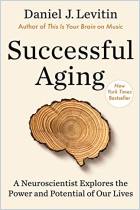
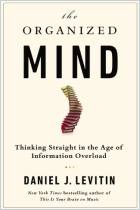
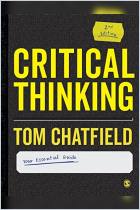
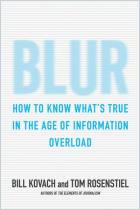
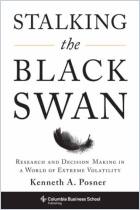
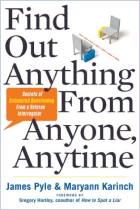
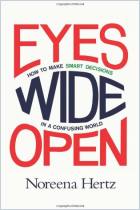
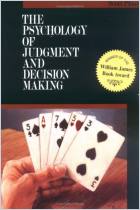

Comment on this summary or Start Discussion